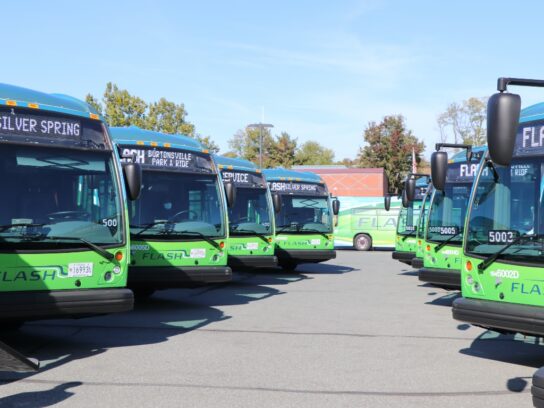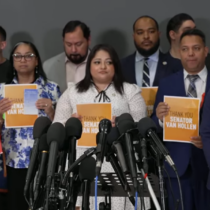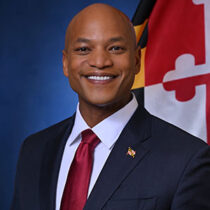
The Montgomery County Department of Transportation (MCDOT) and the County Department of General Services (DGS) released a Zero Emission Bus (ZEB) Transition Plan.
The goal is to convert the County’s transit fleet of nearly 400 Ride-On buses to zero-emission vehicles by 2035. The Ride On bus system currently operates 14 electric vehicles.
“The Zero-Emissions Bus transition plan falls in line with our ambitious climate action plan to reduce greenhouse gas emissions 100 percent by 2035,” said County Executive Marc Elrich in a press release. “This plan will help guide us through our transit fleet transition and lays out the needed infrastructure to support it. This effort will make a substantial impact on our environment by reducing harmful greenhouse gas emissions. We are proud to be at the forefront amongst local governments when it comes to sustainable transportation.”
The ZEB plan’s flexibility accommodates emerging technology and relies heavily on State and Federal grants. Recent grant awards totaled more than $30 million for environmentally friendly transportation solutions over the last two years.
“We’ve been aggressively pursuing funding opportunities made available to us on both the State and Federal level,” said MCDOT Director Chris Conklin in a press release. “Often the State funds we receive are used as a match for Federal grant applications. We’ve got a long road ahead, but following the plan we have in place, I believe a zero-emissions fleet is fully attainable by or before 2035. The plan is comprehensive, innovative and flexible and it will be updated regularly to reflect new funding streams and advanced technology options.”
The County secured a contract to purchase 100 additional battery electric buses over the next three years, but this presents a challenge for longer-range bus routes. There is a need for alternative technology to compensate because of the range limitations of current battery electric vehicles.
MCDOT secured a Federal grant last year for its first 13 hydrogen buses and a clean hydrogen fueling station at the Gaithersburg bus depot. DGS manages the project and will break ground on that project next year.
One of the challenges among zero-emission transitions is building clean energy charging infrastructure to support them.
DGS leveraged a partnership with privately owned AlphaStruxure, a leading developer of sustainable energy infrastructure projects. It is a long-term agreement without upfront capital expenditures.
In October 2022, the County unveiled the solar-powered microgrid, charging public buses at the Brookville bus depot in Silver Spring. The Brookville microgrid can charge up to 70 battery-electric buses with solar power.
DGS heads up the implementation of a larger microgrid that will break ground in Gaithersburg in late spring. The microgrid will power the future hydrogen bus project and provide additional charging infrastructure for electric buses. The microgrid will be the sixth in the County and will be in operation next year.
“We have some very exciting projects that are setting us apart as a zero-emissions leader,” said DGS Director David Dise in a press release. “The ZEB Transition Plan is comprehensive and considers the charging and maintenance infrastructure we need to support a zero-emission bus fleet. We now have a solid long-range plan to work from, which is important for the County to be able to make timely decisions, visualize a path forward and offer transparency. This plan can be used as a model for other jurisdictions looking to follow in our footsteps.”


Comments are closed.